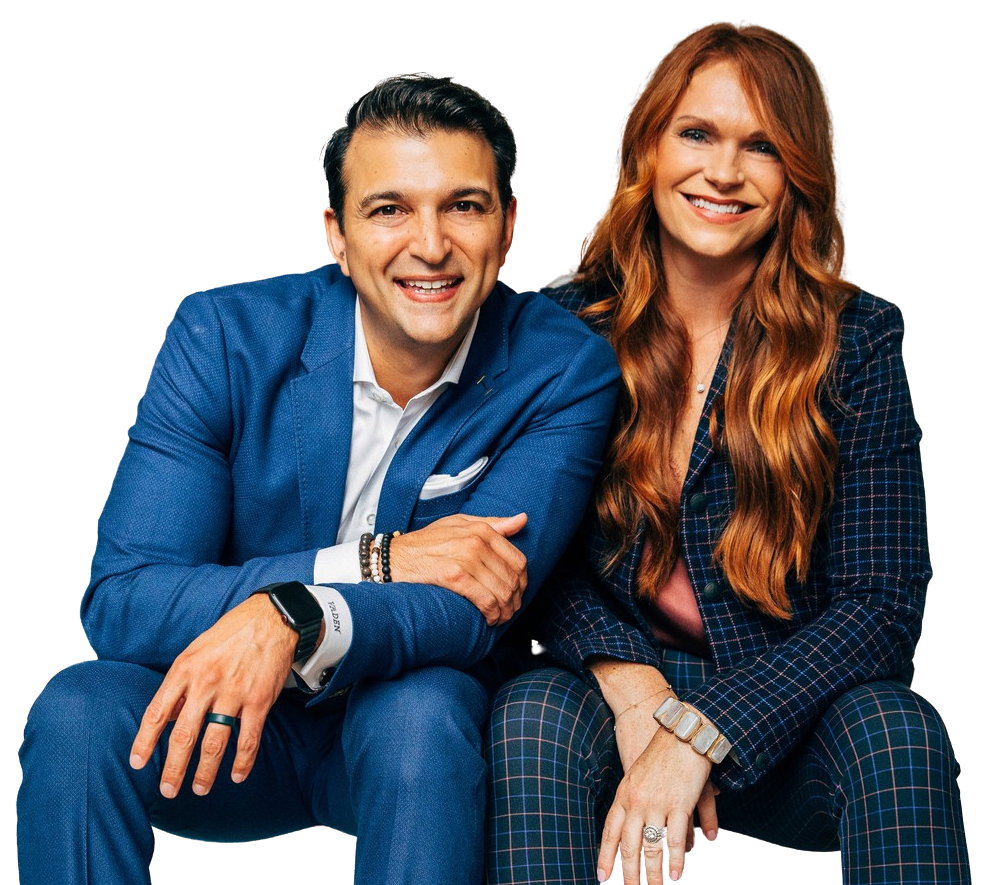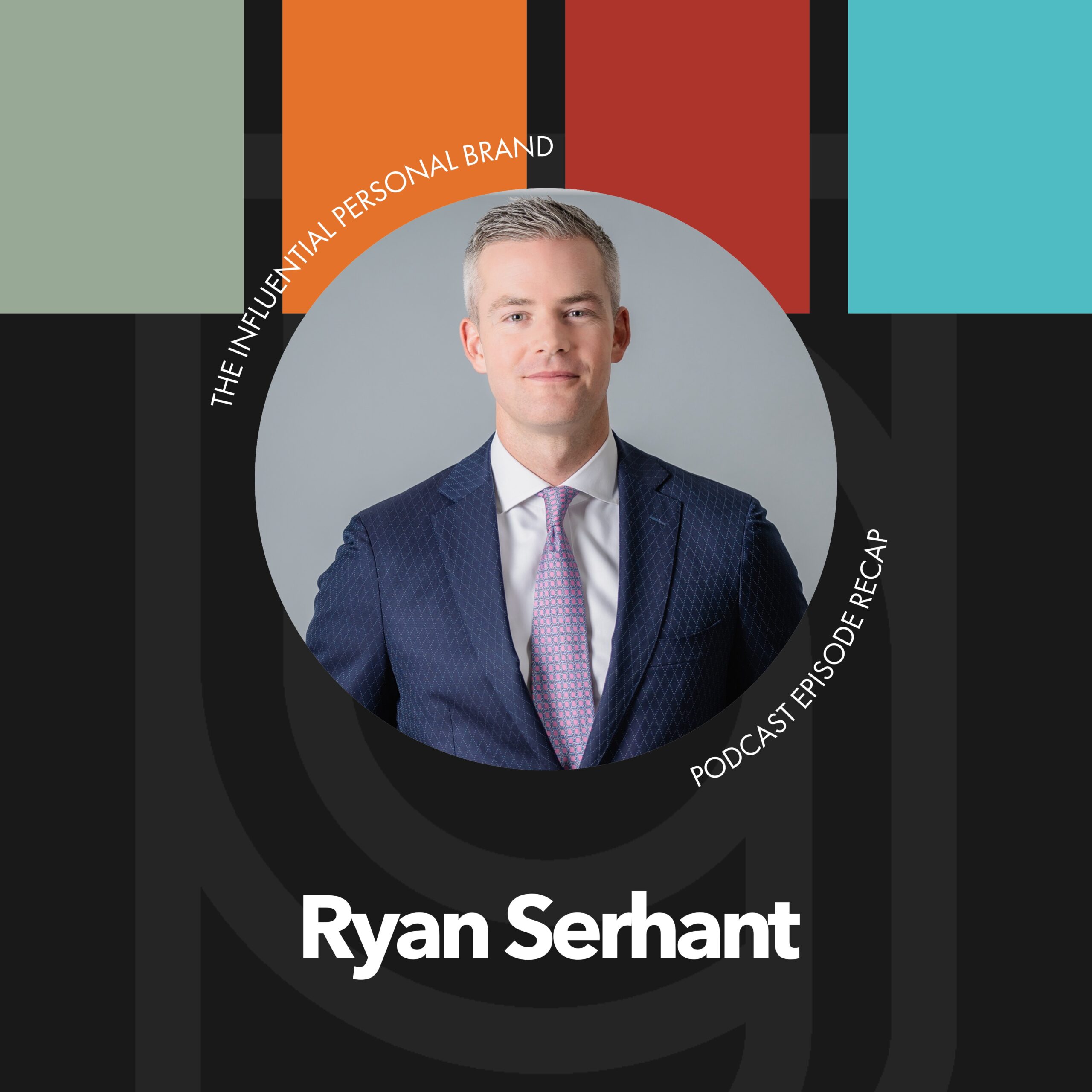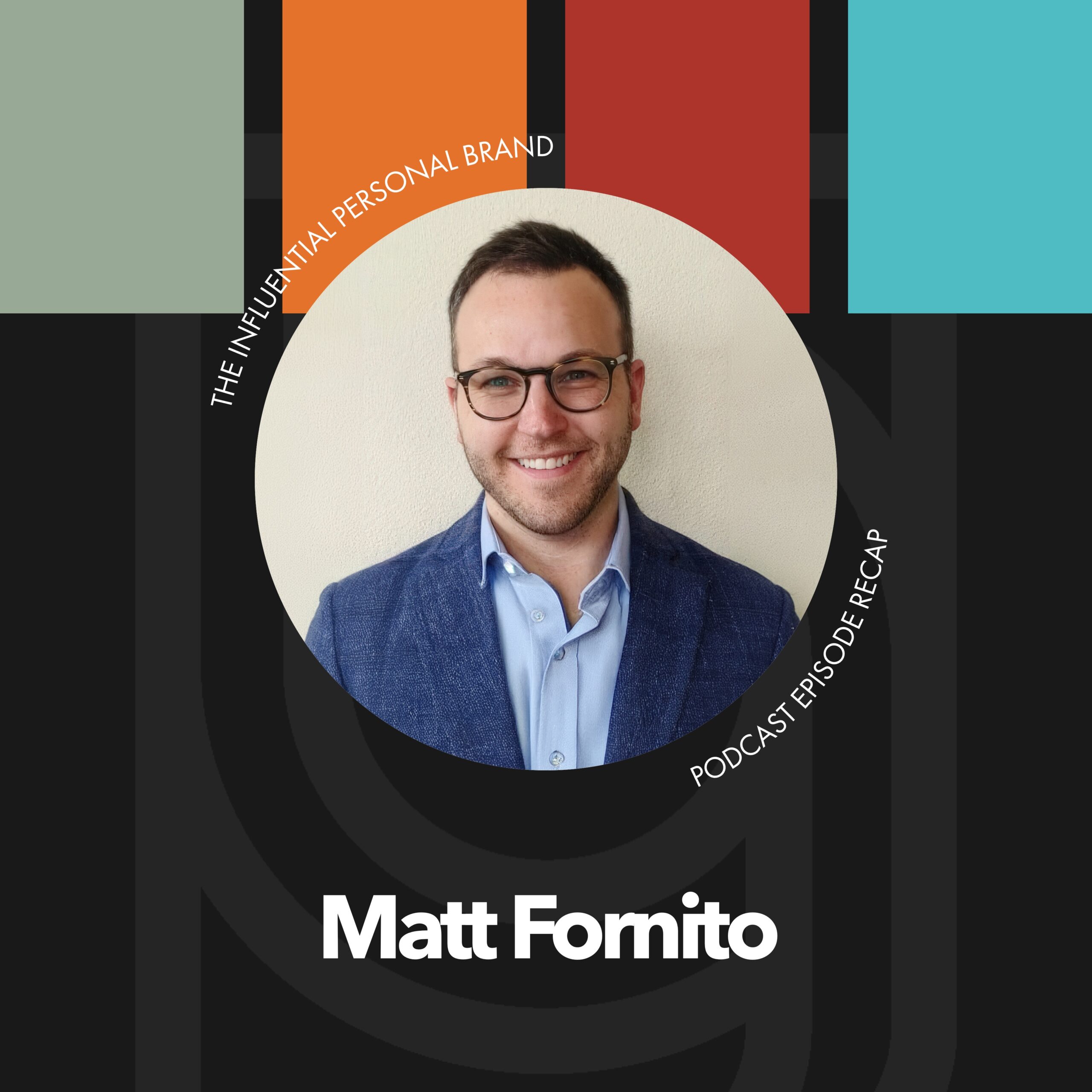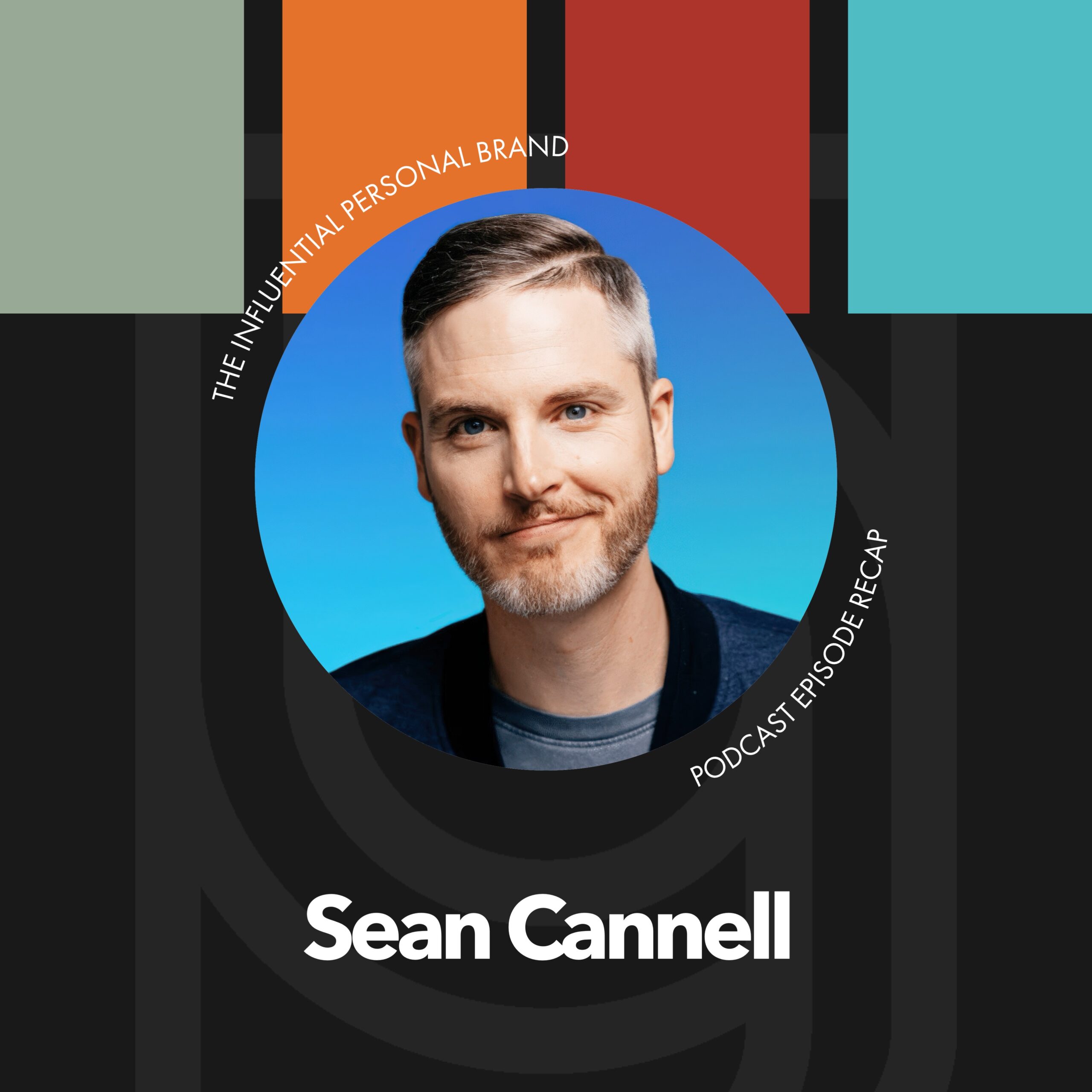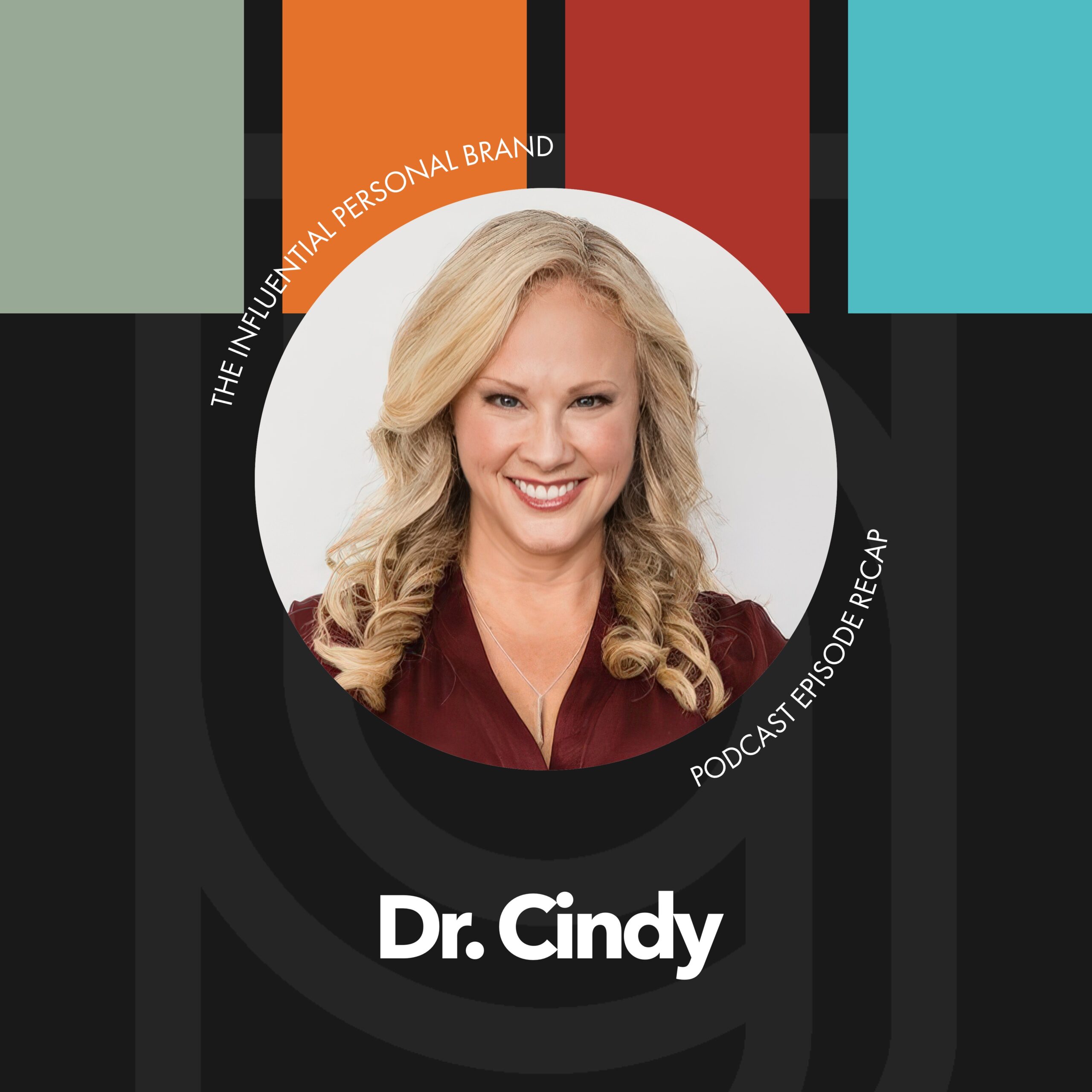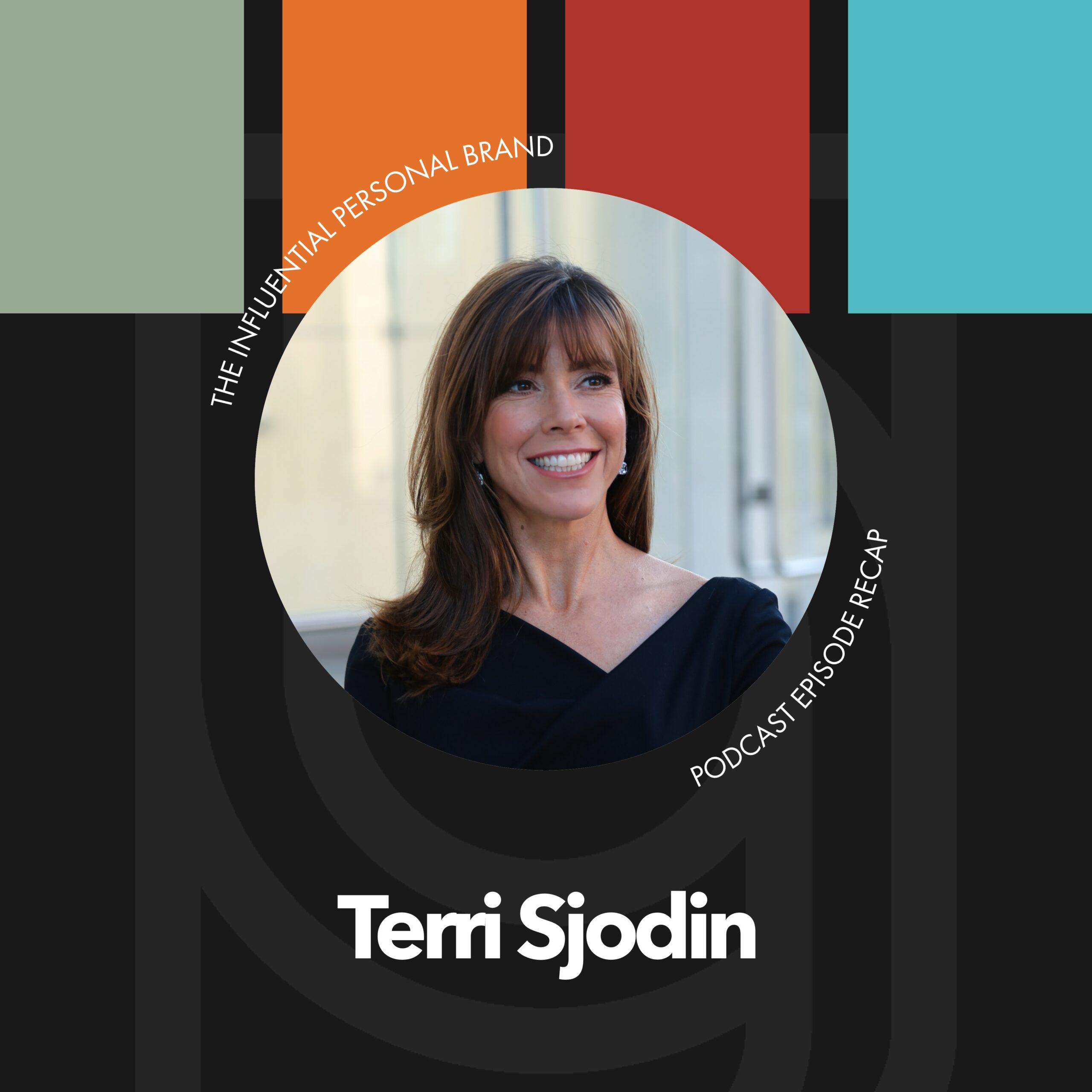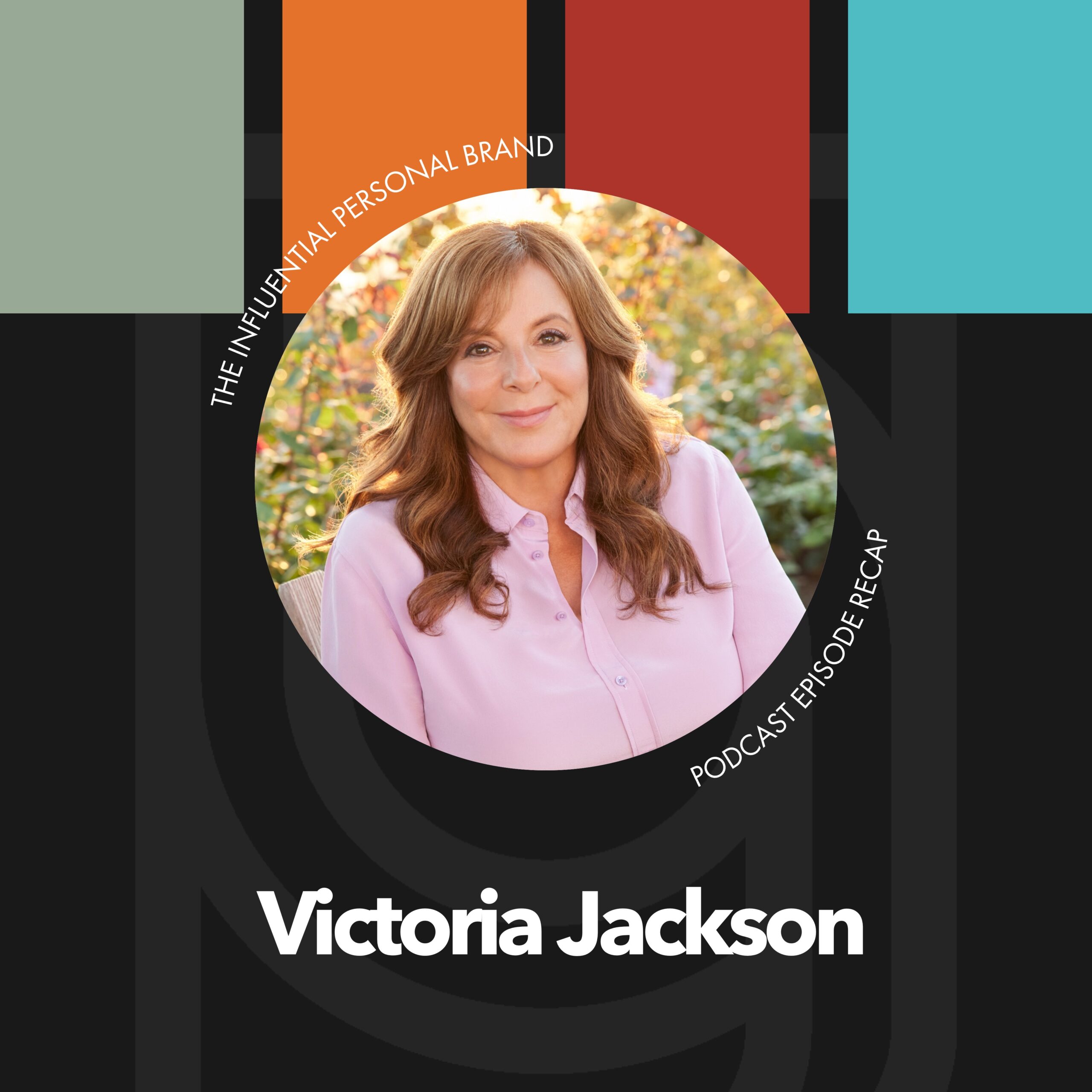RV (00:05):
I wanna share with you four principles of making more money, right? Like, how do you make more money? What do you need to know to make more money? And this was inspired by the recent conversation I had with Mel Abraham on our podcast. And I wanna start by highlighting a couple things that Mel said. So this is not part of the four things that I want to share with you, but there were a couple, there were two really beautiful things that he said that I do want to share with you. ’cause These, these are from him, not from me, but he said, you should focus on building safety first and growth second. Safety first and growth second. And I actually really like that. I agree with that strategy. And I, I think there are also two different parts of your life. There’s, there’s times where financially your focus is safety.
RV (01:00):
That is a different set of rules, a different paradigm, a a different, a set of strategies, a different way of thinking when you’re trying to build safety. And then you’re going for growth. Once you have safety, then you go for growth. And I think thinking about it as like two different strategies and first get safe, then focus on growth is important. ’cause If you try to grow before you have a safe foundation, I think that’s a big mistake. And I think that’s a really big risk. You’ll see that reflected in my four strategies. But I’d never heard anyone say that. And Mel said that. And I, and I love that. And the second thing that Mel said, which was my favorite thing that he said in our interview together was he said, your family doesn’t care about profit as much as they care about your presence.
RV (01:45):
Your family doesn’t care as much about your profit as they do care about your presence. And I think a lot of entrepreneurs run the risk of saying, I have to make more money for my family. And in reality, they’re using that as a justification to spend so much more time away from their family that it’s like they’re, they’re giving up. Well, the thing that the family really wants, which is just more of you. And they don’t need more money. They, they, they do want more of you and they need more of you. And I, I never heard someone say it quite like that, so I love that. So thank you for that, Mel. And if you haven’t yet, go listen to the interview of Mel Abraham on our podcast. It’s really, really good. So I wanna walk you through four principles of making more money, having more financial security, more financial stability, more growth, more excitement, just in your financial life. And the first one is simple. Be debt free. Be debt free. Now, I, I know that you’ve probably heard that before, but it’s such a critical one, and I wanna explain why. I wanna make sure that this really sinks in as to why being debt free
RV (02:58):
Is such a good idea and why being debt free is so important to building your wealth. So first of all, from a, from a emotional standpoint, okay? There’s, there’s an, there’s an emotional side of this and a logical side of this. The emotional part of being debt free is really where I think the power most lies, which is to go, your level of peace changes when you don’t have debt. Like your stress level goes way down. And maybe you don’t have a nicer car, maybe you don’t have a nicer house. Maybe you don’t have the nicest tv. Maybe you don’t go on the biggest, most grand vacations. Maybe you don’t wear, you know, brand new, you know, brand label clothes. But, but what you exchange, you give up all of that. But what you get in return, the payoff is peace. And I really believe that peace is the new profit.
RV (04:02):
What we really want is peace. And even people I know that are super wealthy, there’s lots of people I know that are super wealthy, they don’t have peace. And there’s people who maybe don’t have a lot of money, but they do have peace. And where you get peace from, and to use Dave Ramsey’s term financial peace, to me, financial peace is less the result of how much money you make. And it is more the result of how little debt you have. Financial peace is more, is is less of the result. Financial peace is less of the result of how much money you make. And it is more the result of how little debt you have. In other words, the lower the debt you have, the more peace you have. That’s what the real secret is, because when you have debt, you have to work, not just have to work.
RV (04:53):
When, when you have debt, you have to make money. You have to, because you owe money and you owe money on timelines, you owe money on deadlines and deadlines create stress. And so when you have debt that creates stress, you have to make money to pay off that debt. The moment you don’t have debt, you don’t have as much stress, right? There’s always some level of stress to have to earn, to make money, to provide food on the table. But, you know, it doesn’t take, but, you know, maybe a few hundred, several hundred dollars a month to be able to provide food. And you know, I mean, someone who could make $12,000 a year could, could provide more than the amount of food they would ever need. Now, you might also have shelter that you have to provide, but, but even somebody making maybe $24,000 a year, if you had no other debt and all you had was like rent and food and like utilities, you could do that on a couple thousand dollars a month or realistically in the, in the us.
RV (05:55):
And that’s not blowing it outta the water, right? Like that’s not being filthy rich. Like that’s just going, but you would have less stress. And this is something that AJ and I decided, and, and look, we’re we’re far, we’re, we’re nowhere near the richest people in the world, but we’re far, far away from being the poorest. And one of the decisions that we made in our marriage that I think has changed our marriage and it has changed our family, and I actually think it has increased our physical health, is we decided we don’t need more money. As much as we need less stress, we don’t need more money as much as we need less stress. So what gives you the least amount of stress with, with, with money is being debt free. That’s the emotional side of it. Now, the, the technical side of being debt free, and this is obvious, it’s not so obvious to so many people, but it’s to go look, if you have no debt, like if you have, you know, debt is money going out the door, right?
RV (07:05):
That’s money you owe that’s going out the door. Well, it’s kinda like if there’s a hole in your ship there, if you plug that hole, there’s no money going out the door. So if you plug that hole, then even if you make a little money, you get to keep that little bit of money and that little bit of money, you know, next month piles on top of the little money and that piles on top of a little bit of money and it piles on top of a little bit of money and it piles on top of a little bit of money. And so it’s not about the quantity, right? It’s about the idea that whatever is coming into you, you actually get to keep, and you actually feel yourself and you see your account making progress. You see your account growing because it’s not all pre-assigned.
RV (07:47):
It’s not spent before you have it. It’s not going out the door, right? When you get it, it stays there. And, and that’s the, the logical part that should be obvious. But it’s the not so obvious strategy when it comes to money is it’s like, even if you only make a little, you get to keep a little. And next month when you make a a little bit more next month, that little gets piled on the little you have. And so you have a little bit more and a little bit more. And, and, and so that’s really the power. But what, what’s stressful is keeping up with the Joneses and having to have the nicest house and the nicest car and the biggest va biggest TV and the, you know, the grandest vacations and all that sort of stuff that, that’s stressful. You don’t need it. You don’t need it. So be debt free. The second principle of making more money that I just, I want to share with you, and, and by the way, if you haven’t gone through my, my free training High Earner Habits, it is the seven psychological ways that wealthy people think that’s different from everybody else. You have to go through that training like it’s a couple hours, but it, it’s, it, it teaches the best of what I have learned
RV (08:54):
About money and wealth and financial freedom. And it’s free. And, and you can go to my Instagram page and you can just comment HEH down below on my Instagram page, or you can you can go to rory vaden blog.com and click on free trainings and, you know, sign up for hiring your habits that way. But like, you gotta learn this stuff and, and, and, and nobody teaches this stuff. It, it’s, they don’t teach it in schools. And, and, you know, most of, most of the people are broke. So who are you gonna learn it from? You gotta learn it from people who have figured this stuff out. And one of the greatest differences of wealthy people compared to everybody else is that wealthy people spend their money to save time. What most people do is they spend their time to save money, right? They’ll spend three hours cutting coupons so that they can save $20 at the grocery store.
RV (09:53):
Now, $20 is not nothing, but what if you put that three hours into something else that was more income producing, or they’ll park, you know, an hour away from a stadium or their meeting to save money on parking, where it’s like, well, you could pay the money for parking and you could be closer. Now it’s, it’s, it, it all depends on how much money you have in total and like what your circumstance is. But the point is, I mean, the other thing is people will go, you know, small business owners will say, well, I, you know, I will do everything myself so that I don’t have to pay the money to hire somebody else. But, you know, if you can’t hire an assistant, then you are an assistant making an assistance’s wage. And that I talk about in my second book, procrastinate on Purpose, five permissions to Multiply Your Time.
RV (10:37):
The whole delegate chapter is just understanding mathematically it doesn’t make sense. You’re not actually saving money if you’re spending time doing a task that you could pay somebody less money to do than the opportunity cost of you using your time somewhere else, making more money. And this is just, just, just something you just gotta, like, it’s a switch you have to flip. It’s, it’s a realization you have to make. It’s a habit you have to change. And it’s just like a paradigm that, that, that has to be transformed is that most people spend their time to save money. Rich people spend their money to save their time to, they, they, they spend money to get their time back. They spend money to pay people to do things so that they get more time so that they can reallocate their time into higher income producing activities.
RV (11:31):
And that’s just, that’s just the way that it is. And that’s, that’s a, that’s a hundred percent truth of every single like, you know, really old ultra wealthy person that I know. The third thing is that if you really wanna make more money, you wanna be, choose to be paid for your results, not be paid for your time. Now, you can make, you know, if you’re a top level executive at a very large organization, you can get good money for your time, but you’re still trading money for time. So that can be okay. Like if your financial, you know, vision is, is not past a certain point, I’m not saying it’s wrong to trade your money for time, especially early on, that’s the fastest way to make money, is to trade your time for money. But the least scalable way long term to grow your income is to trade your money for time.
RV (12:21):
So you have to find vehicles that are create money disproportionate to the amount of time that you put in. So it’s not wrong to do it, it’s just saying that if you wanna become super wealthy, if you wanna be ultra wealthy, like really wealthy, it, it’s gonna happen from separating your time from the results. And that’s why sales is one of the first ways that people become really wealthy because you get paid not for how many calls you make, not for how much time you spend prospecting. You get paid per sale that you create if you’re in a commission, assuming you’re in a commission based sales position. And that was how I started to learn how to do this. And, and, and that was where I first experienced the power of being paid for my results was to go, well, if I could create a lot of sales in a short amount of time, I can actually make an extravagantly disproportionate amount of money for the time that I was spending where I was just getting paid hourly or as a salary for my time.
RV (13:26):
Now, is that risky? Yeah, it’s risky. Is it scary? Yeah, it’s fricking terrifying. But if you can learn to do that and you, and you develop certain skill sets of being a great salesperson or sometimes it’s being an artist or being a content creator, or being an entrepreneur in general or being an investor, those are ways that you get paid not based on how much time. Now if you fail, you’re not gonna make anything and that’s the risk. But if you can learn those skills and you can succeed, then you can get more money for your time. The other thing is, man, if you get a, if you ever get a chance to be a part of a company, ev even if, if even if it as you’re an employee, but if you’re a part of a company where they you know, offer some type of a profit sharing plan or, or, you know, even if they’ll invest into your retirement and things, right?
RV (14:16):
That’s why investing is powerful, because investing, you’re, you’re, you are trading time for money, but it’s not your time, it’s just the compounding interest of time and your money, time turns money into more money. So as you have money invested, that money starts to grow. But it’s not, it’s, it’s separated from how much time you’re spending working but it’s connected to how much time you have that money invested. So, you know, investing earlier in your life, investing when you are younger matters even more than investing a lot of money when you’re older. So figure out ways to, to, to be paid for your results and not for your time. And there’s many ways to do that. There’s, there’s profit, there’s commission, there’s bonuses, there’s profit sharing, there’s investing those, those are the, are the main skill sets. There’s operating a business, which is, which is again profit or it’s just agreeing to someone to say, you know, give me your to-do list and I will give you a number and you pay me for a project.
RV (15:17):
You don’t pay me for a time. You know, you ask me to, you know, design you a logo and you pay me to give you a logo that you’re satisfied with and you don’t, you know, charge for whether it took one hour or 10 hours or a hundred hours, and you get really good at your craft and then you charge for a, a result or a project. And, and that’s the other thing is you get paid for results. You can be a consultant who doesn’t get paid anything for your time, and you say, just pay me a percentage of the growth or a percentage of the increase or percentage of the profit. Is it risky? Yeah. But that is really where wealth ultimately comes from, is you gotta be separating your time and, and being paid for your time. If you wanna get really, really wealthy right now, if you just wanna make a lot of money, you can be really good at your job, get a great company, your income will grow over time, and that’s awesome.
RV (16:02):
But if you can find vehicles where you can, in order to become really wealthy, you have to eventually detach money from time you have to. And then the fourth thing is, the fourth way to make a lot of money is to de-risk your own business. You de-risk your own business. Like being an entrepreneur and starting your own business is the best way to make the most amount of money because you’re in charge of your own destiny and you’re separating your time for results. Now it’s extremely difficult, right? Don’t think it’s easy at all. It’s very difficult. And for many years you’ll be underpaid, right? For many years you’re putting in more time than you’re getting paid for. But if you have those skills and you learn those skills and you get good coaching from people like us or others who can teach you marketing and sales and operations and customer service and finance and tax, and you know, it, and infrastructure and project management, like if you can master those skills, then you can build a machine that makes money.
RV (17:05):
Well you should always be the number one investor in your own dream. And I really believe where I go, man, the number one thing I could ever invest in is into my own education, right? Like, personal development is the number one investment because I will get that return the rest of my life, right? Whether I spend 20 bucks on a book or $2,000 on a course, or $200,000 on private coaching from someone very high level who can teach me a skill, it’s like, yeah, $200,000 is a lot of money, but if I have the rest of my life and, and, and that skill that I’m learning is very, very valuable, I go, I have the rest of my life to earn back that investment. So the number one thing you should invest on is your own personal development, your own education. But the number two thing to invest in is to your own business, right?
RV (17:50):
Is, is into your own income producing activities. And that’s where I go, well geez, you know, if I invest into the stock market, I, you know, hopefully I get eight to 12% on my money. If I build my own company that has a 20% profit margin, that means I’m getting 20% on my money. So the the, if you have a business, the number one thing you can do is invest to grow your own business. And that’s why it’s like, yes, get coaching, get technology, hire people, you know, build your personal brand. Like those investments are huge because they multiply over time again and again and again into the future. But now investing in your own business can be risky. What makes a, what makes any risky? What what makes any business risky to invest in is how volatile the business is. So how do you de-risk that investment of any business, but especially your own ’cause, your own, you have control over super simple.
RV (18:46):
You’re gonna invest in the three Ps people, product and processes, people product and processes. If you want to de-risk your own business, if you wanna make more guaranteed money from your own business, if you want more stability in your business’s ability to produce more income for you, you have to get great people and spend money, recruiting, hiring, training, developing, promoting people. You’re investing money into people. By far, our people are the number one expense at brand builders group. It, it, and it’s the number one thing we spend money on our, in our, on our life, other than maybe taxes is we spend money. We are paying people constantly. We hire people for all sorts of things personally and professionally. We are constantly hiring people. So that’s the first thing. The second is, invest in your product, have an amazing product, make it look awesome, make it be awesome, make make it made of awesome materials and, and, you know, create an awesome product.
RV (19:49):
Like if it’s a service, make it an awesome experience. Invest in making sure that the thing that you are selling is absolutely phenomenal. That will de-risk the investment in your own business. And then the third is processes, processes, processes, processes. You need better processes. The the better processes you have, the less risk there are inside of any company. And in your company, you’ve got full control. So you need to invest in processes. And, and that could be technology, it could be equipment, it could just be paying people to spend time while they’re at work documenting exactly how to do every task in the company. Why? Because if that person quits dies or gets fired, now you have a process that someone else can be hired and they can step in and they don’t have to figure it all out. They can follow the process. A company really is what is the value of a company.
RV (20:46):
It’s effectively the people in the processes. That’s it. And, and I guess to the product to some extent, but it’s really the people in the processes. And then you can create products. You have to invest in your processes. This type of thinking, at least for me and most of my life and most of my friends, was very rare. It took me years to learn these things. Heads of the hundreds of thousands of dollars I invested to learn how to think the way that wealthy people think so that I could become like wealthy people, you know, become wealthy and it, and it has worked. And so you’ve got to learn from people who have done, been there and done that and understand it and who are good teachers. Again, just type HEH down below on my Instagram profile, and I will send you my free training Hire Earner Habits, seven Ways That Wealthy People Think and Live.
RV (21:38):
Or you can go to rory vaden.com, click on Free Trainings, and you can sign up for Higher Earner Habits there. That’s a great start. It’s totally free. Like it, it is the best of the best of what I’ve learned about money. I give it to you for free. So I wanna encourage you to do that. But in addition to that, do these four things. Be debt free. Spend your money to save time, choose to get paid on your results and de-risk your own business By investing in people, products, and processes. You do those things, you’ll be well on your way.



